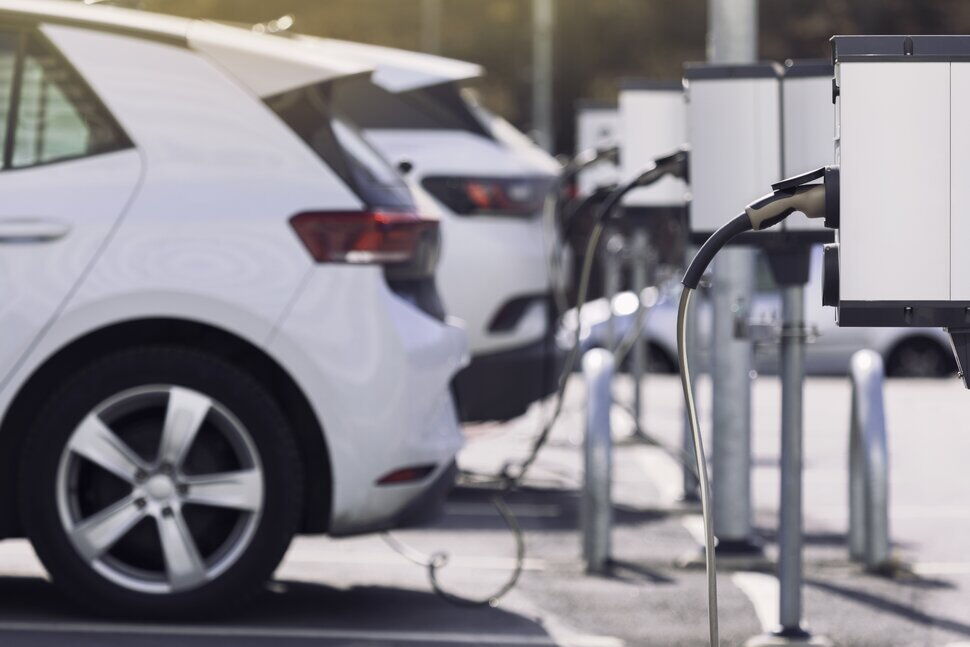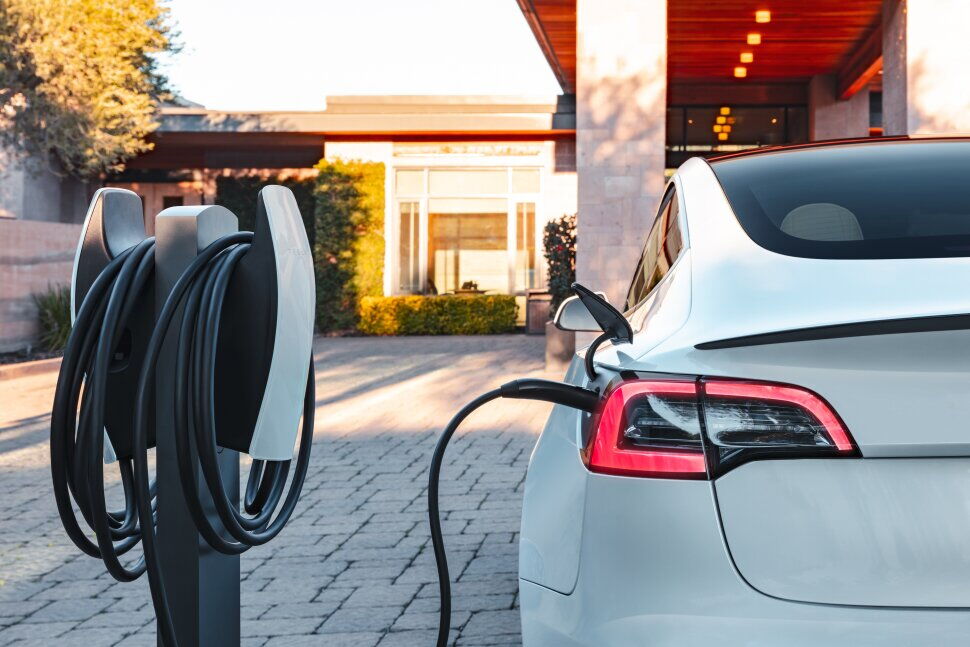Do All Electric Vehicles Use the Same Charger?
On this page
With the rising popularity of electric vehicles (EVs), many consumers have questions about the various aspects of EV ownership. One of the most commonly asked questions concerns charging: specifically, whether all electric vehicles use the same charger. Understanding the types of EV chargers and plugs, as well as how they differ, is essential for anyone considering an EV purchase or already using one. This article breaks down the different charging levels, plug types, and the key differences between manufacturers to help clarify how EVs are charged and whether compatibility is an issue.
Some manufacturers have started offering adapters to enable cross-compatibility between different charging networks. These adapters allow owners of specific EVs to charge on different chargers, whether at home or at public charging stations. For example, a CHAdeMO-to-CCS adapter can enable older Nissan Leaf owners to use CCS charging stations, but these adapters are not universally available or standardized, and they may require additional setup or software updates. While the plug types mentioned above are common in North America, different regions around the world have their own EV charging standards. In Europe, for example, CCS Type 2 is the predominant connector for DC fast charging, while Type 2 connectors are commonly used for Level 2 AC charging. The presence of these different standards in various regions can pose challenges for EV owners who travel internationally, but many automakers are working to ensure their vehicles are compatible with global charging networks. While most EVs in North America use the same plugs for Level 1 and Level 2 chargers, the situation becomes more complex when it comes to DC fast-charging capabilities. The most commonly used plugs are the J1772 connector for AC charging and the CCS Type 1 connector for DC fast charging, with Tesla’s proprietary NACS connector and CHAdeMO still in use for some vehicles. Fortunately, many manufacturers are offering adapters to help improve cross-compatibility between charging systems, ensuring that EV owners have access to a wide range of charging options. As the EV market continues to grow and charging infrastructure expands, standardization efforts will likely make charging even more accessible and user-friendly in the near future.



Some manufacturers have started offering adapters to enable cross-compatibility between different charging networks. These adapters allow owners of specific EVs to charge on different chargers, whether at home or at public charging stations. For example, a CHAdeMO-to-CCS adapter can enable older Nissan Leaf owners to use CCS charging stations, but these adapters are not universally available or standardized, and they may require additional setup or software updates. While the plug types mentioned above are common in North America, different regions around the world have their own EV charging standards. In Europe, for example, CCS Type 2 is the predominant connector for DC fast charging, while Type 2 connectors are commonly used for Level 2 AC charging. The presence of these different standards in various regions can pose challenges for EV owners who travel internationally, but many automakers are working to ensure their vehicles are compatible with global charging networks. While most EVs in North America use the same plugs for Level 1 and Level 2 chargers, the situation becomes more complex when it comes to DC fast-charging capabilities. The most commonly used plugs are the J1772 connector for AC charging and the CCS Type 1 connector for DC fast charging, with Tesla’s proprietary NACS connector and CHAdeMO still in use for some vehicles. Fortunately, many manufacturers are offering adapters to help improve cross-compatibility between charging systems, ensuring that EV owners have access to a wide range of charging options. As the EV market continues to grow and charging infrastructure expands, standardization efforts will likely make charging even more accessible and user-friendly in the near future.
